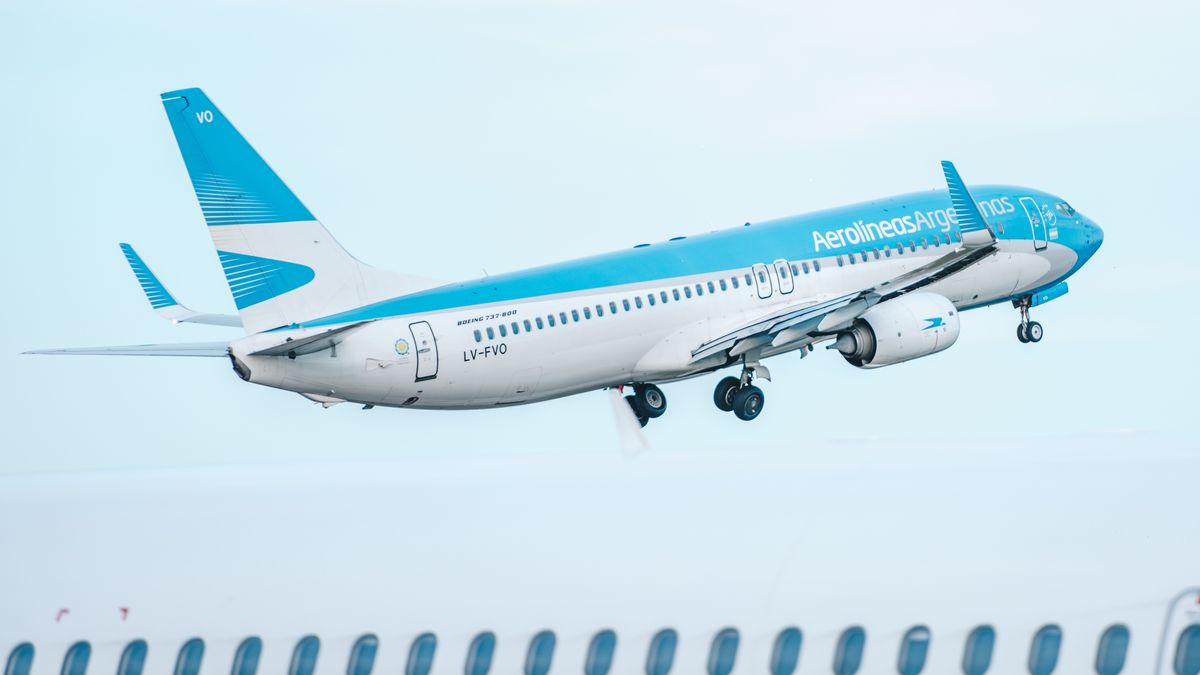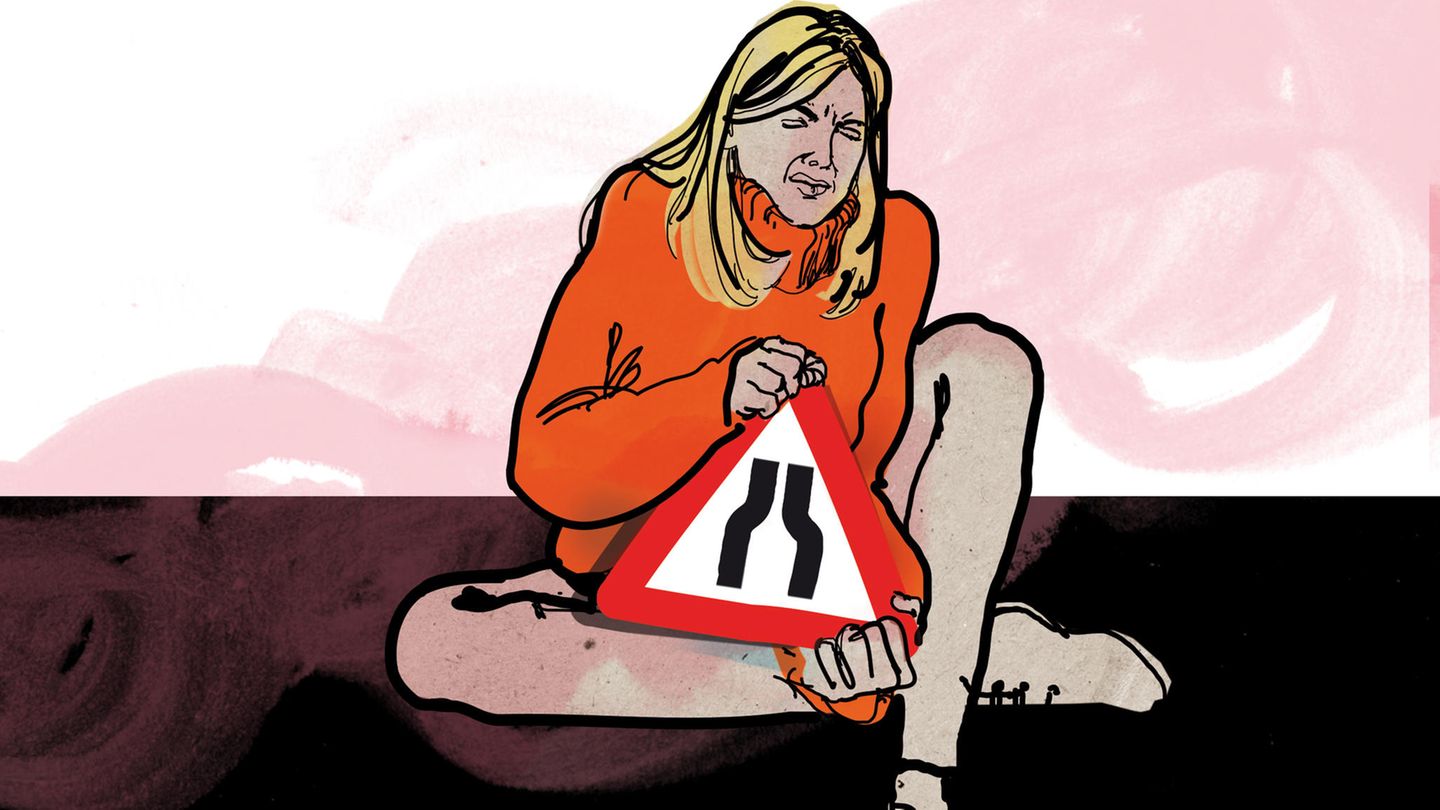In a context of high inflation in recent years in Argentina, One of the increases that stands out the most is that of plane tickets, which had a increase of 17,525 percent in the last five yearswhile in the same period international prices had a rise of 4,131%according to a report prepared by the consulting firm Focus Market.
The study analyzed how airline prices progressed during the years of Alberto Fernández’s administration. “To make a comparison of the Argentine tourism market, we take indicators from 2019 against those from 2023with the purpose of evaluating its evolution in the last five years and the post-pandemic,” explained the director of Focus Market, Damián Di Pace.
Airline tickets, through the roof: the increase in the last five years
For example, one of the outstanding data is that a flight from Buenos Aires to Iguazú had a value of $1,300 in 2019, while currently It costs $229,127, that is, an increase of 17,525%.
In the case of a flight from the same departure point but to Bariloche, in 2019 it cost $1,500 and today it is worth $180,758, which means an increase of 11,951%.
On international flights, which are impacted by the PAIS tax (30%) and the receipt of advance earnings (30%), there have also been significant increases in recent years.
The flight to Miami, had a value in 2019 of $31,800 (US$530 dollars)while today it costs $1,086,600 (US$815 dollars)an increase in 3.317%. The passage of Buenos Aires to Madridwhich in 2019 had a value $34,200, today it costs $1,447,145 (US$1,071).
The report also revealed that inbound tourism by air had an entry of 2,761 tourists to the country in 2019, while in 2023 the entry was 2,478 (a drop of 10.24%).
Meanwhile, outbound tourism also had a significant drop: in 2019, 3,707 Argentines left and in 2023, 2,782, that is, 24.96% less.
Can the inflationary trend in airline tickets be reversed?
In addition to surveying air ticket prices in the last five years, the consulting firm also anticipated how this scenario may continue in the future.
Di Pace highlighted that the Government of Javier Milei generated changes for the sector through the DNU with “the elimination of monopolies of travel agencies, repeal of the student tourism trust fund (funding of the 0-quota system for graduate trips), the deregistration of travel agents and of tourism systems timeshare, and new open skies policy“.
Along these lines, Di Pace expressed that “deregulatory measures continue their debate within all actors in the sector, such as chambers of travel agencies, hotel federations and airlines, among others.”
“The proposed objective is promote the accessibility of destinations for all tourists by promoting mobility in the regionas well as the possibility of accessing a greater range of flights if the tourist wishes to travel abroad,” he said.
Likewise, he maintained that “tourism has a significant impact on the contribution to the gross domestic product (GDP)represents almost the 9% and could grow by carrying out policies that encourage the diversification of the receptive market.
“In the country’s economic recovery plan, the sector needs to improve connectivity and optimize use of public resourcesdue to the vertical chains it generates,” he concluded.
Source: Ambito




